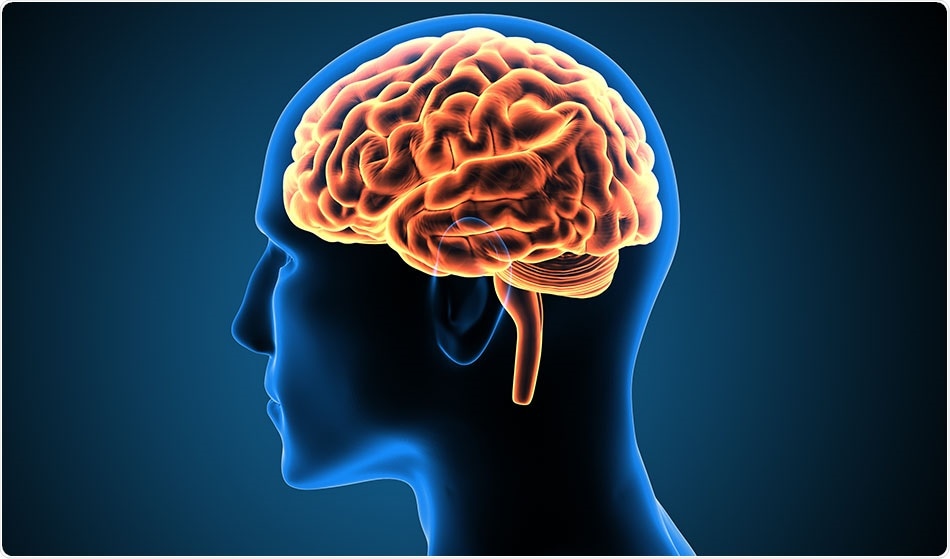Scientists from The Hong Kong University of Science and Technology (HKUST) and The Chinese University of Hong Kong (CUHK) have uncovered the proteins used by the brain to balance excitation and inhibition, so that functions such as moving a leg (excitation) can be stopped (inhibition).

Credit: life science/Shutterstock.com
The research suggests that the brain’s go/stop function is regulated by communication between two large protein kinases called ATM and ATR.
We show that ATM and ATR regulate each other's levels in the brain. When ATM levels drop, ATR levels increase and the reverse. Just as important, regular brain activity also changes the levels of the two proteins. This means that neuronal activity and the two kinases are in a dynamic 'conversation' that helps to keep the appropriate balance between excitation and inhibition (known as the E/I balance) by adjusting the levels of ATM and ATR."
Aifang Cheng, lead author of the study and doctoral candidate at Hong Kong University of Science and Technology
For the study, the researchers developed a new three-color version of a super-resolution microscopy system. This provided enough differentiation for them to be able to see the cellular location of the two kinases.
The findings are the result of a collaboration between The Hong Kong University of Science and Technology (HKUST) and The Chinese University of Hong Kong (CUHK). The two universities had previously worked together to show that ATM is located on synaptic vesicles, but no one had ever tried looking for ATR.
Now, the researchers have come together a second time to show that ATR is also present on synaptic vesicles.
As reported in Proceedings of the National Academy of Sciences, Cheng and team found that the two proteins play different roles in the 'go' and 'stop' functions; ATM helps to regulate only excitatory events and ATR helps to regulate only inhibitory events. The two kinases achieve this by controlling the movement of synaptic vesicles in the neuronal synapse.
Senior author of the study, Professor Karl Herrup, said "The new findings are in the realm of basic research, but they have important implications for human disease.” For example, in epilepsy, one of the problems is that inhibition fails. People with too little ATR suffer from epilepsy and people with too little ATM suffer from ataxia – a condition where the ability to make finely controlled movements is impaired.
Herrup says this finding is only really the beginning. “We believe that our work has potential relevance to a much broader range of neurologic conditions."
Professor Karl Herrup, Senior Author of the study and Head of Life Sciences at Hong Kong University of Science and Technology
Source:
https://www.eurekalert.org/pub_releases/2018-01/hkuo-rrn011918.php